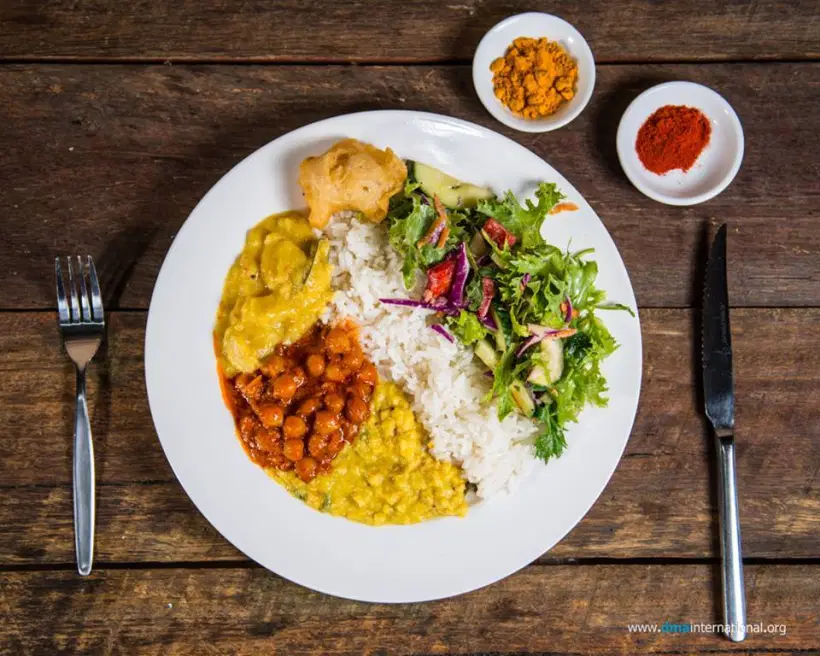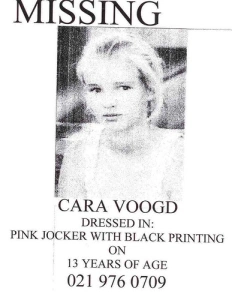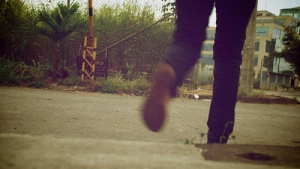 Doing for good is something that I’ve always appreciated, but I didn’t realize it until I started volunteering. You have to start somewhere, and I did in Australia, nearly one month after I landed on this country. It was a nice way to meet new people and support a cause and add an experience to my journey Down Under. But shortly it became more. Right after the first day as a volunteer waitress at Lentil as Anything, I felt happy, I came home overwhelmed by enthusiasm and positive energy, I was friendlier than usual, explosive, lighter, and I had a big lovely smile printed on my face. In one word, I was fulfilled.
Doing for good is something that I’ve always appreciated, but I didn’t realize it until I started volunteering. You have to start somewhere, and I did in Australia, nearly one month after I landed on this country. It was a nice way to meet new people and support a cause and add an experience to my journey Down Under. But shortly it became more. Right after the first day as a volunteer waitress at Lentil as Anything, I felt happy, I came home overwhelmed by enthusiasm and positive energy, I was friendlier than usual, explosive, lighter, and I had a big lovely smile printed on my face. In one word, I was fulfilled.
Not only me. You see businessmen cleaning dishes and filling water bottles with a happy and relaxed face after a long busy day at work. Old people and teenagers from different countries chopping vegetables while laughing and dancing together. And students serving at tables and practicing their social skills while talking with customers. And not only at Lentils. Food Not Bombs cooks food and distributes it for free to people in need. Oz Harvest collects vegetables, bread and other leftovers from shops, markets and restaurants to fight food waste and prepare free meals for homeless people. At Vinnies, volunteers recycled clothes, book, furnitures and other things and sell them in not-for-profit vintage shops. In almost any field you find interesting opportunities. Sport events, concerts, festivals, hospitals, schools, markets, protests. It’s community, babe. When you remove the weight of money reward to any activity, you are free. Free to enjoy your time, make new friends, do your best just for the sake of doing it.
Take fundraising, for example. I’ve worked in this field for over six months (this subject needs a proper post) and what I noticed is that people look at you differently if you are paid. It’s just as simple as that. When a financial reward is involved we become suspicious, we don’t trust anymore, we turn on our consumer defenses to protect us from everyday marketing bombs. I’ve seen a lot of men and women changing their attitude completely when I told them that I chose fundraising as my job. But how can you rely on volunteers for something as important as this? It can work for small local charities and for single events, not for big international charities with a huge structure covering multiple projects.
A team of forward-thinkers in Melbourne tried to make volunteers management easier and more reliable with the project called Be Collective. As they describe it on their website, it is a “social infrastructure designed to eliminate duplication, misdirection and waste of effort, promoting a culture of kindness, recognition and support”. A web platform that would make the management process smooth and reliable, free to use. The idea is to build a community of charity lovers that can find volunteering opportunities based on their interests and location, give support and keep track of the social impact of their work.
In fact, through tis system both volunteers and charities can visualize and print the record of their work. I’d love to show it to mum and dad, add it to my cv. But also, it’s a good idea to value the time spent for community work, celebrate the effort, make analysis and decisions based on productivity… Imagine if every teenager could use his time to make a difference and have it recognized on his resume. And if every corporate worker could use one day a month and donate his effort for a cause he believes in, with the support of his boss. The project was launched early this year and hopefully will soon express its full potential. New Zealand’s government and other NGOs are already using it. Even the All Blacks are managing their charity events through this platform.
Out there, it’s easy to find a lot of different platforms, websites, blogs, Facebook groups and small organizations that try to gather volunteering efforts and promote community work. With the right tools and the right mindset, we can change the world.



